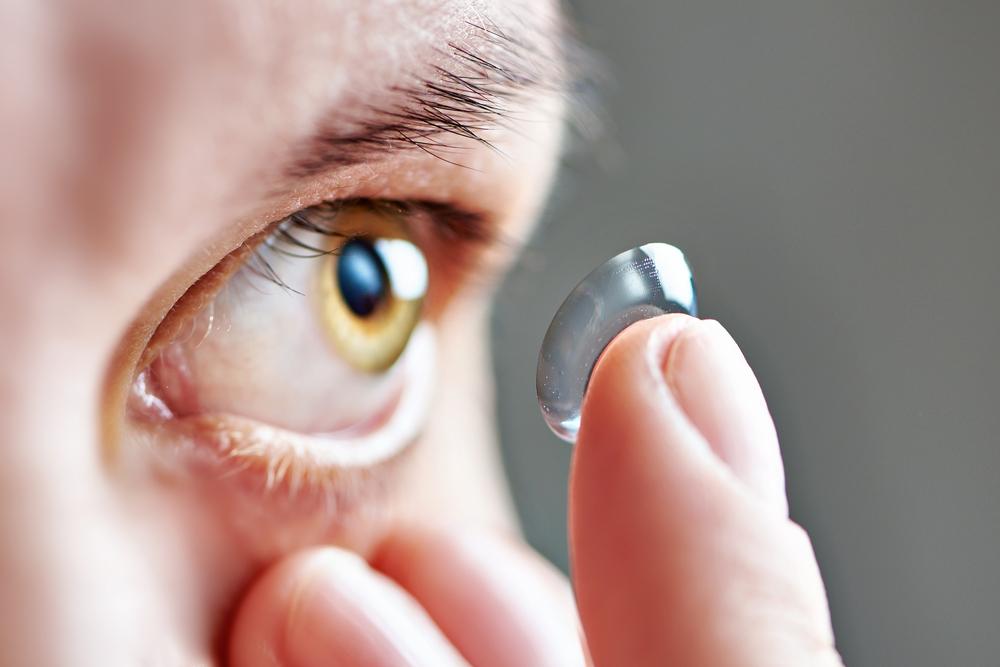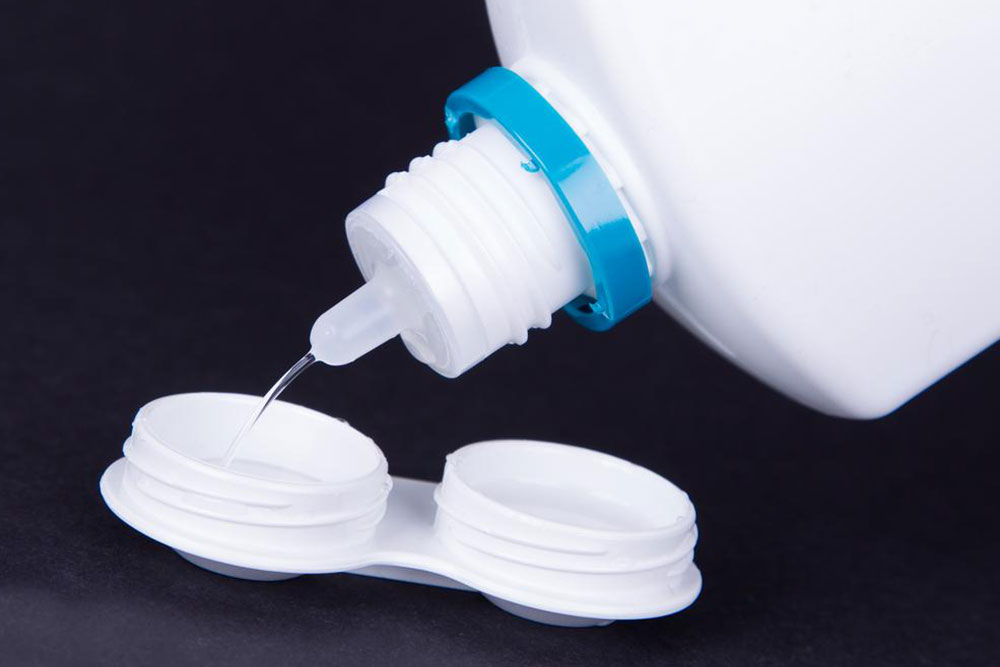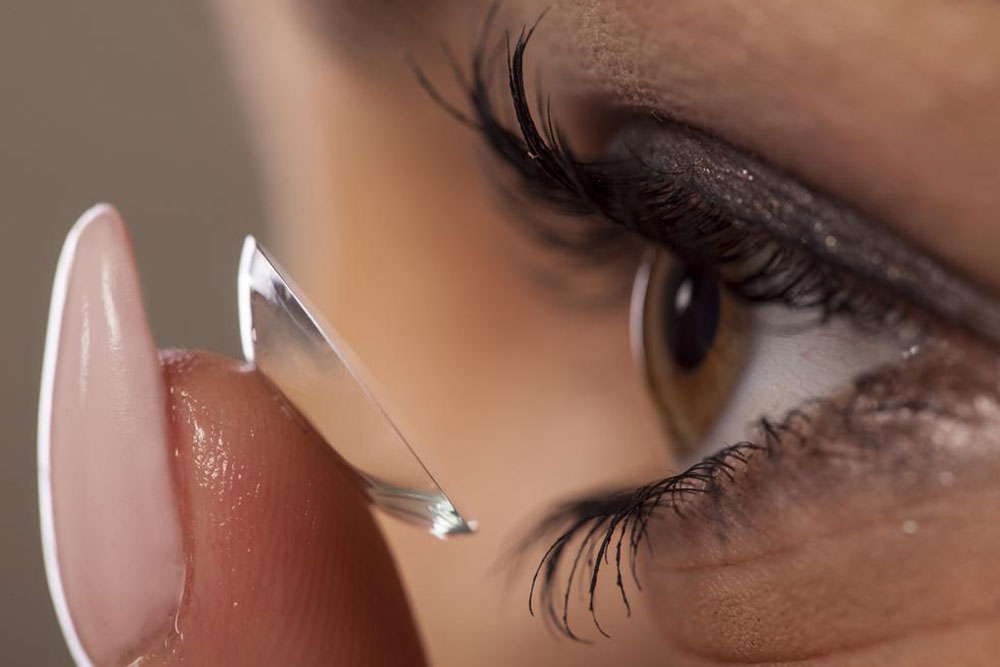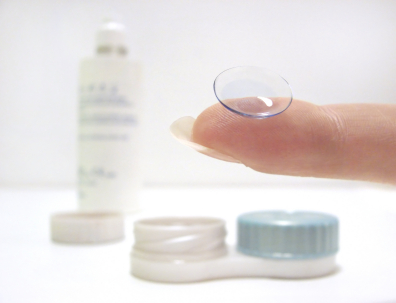Comprehensive Guide to Various Contact Lens Types and Selecting the Best Fit for Your Eyes
This comprehensive guide explores various types of contact lenses, including daily, weekly, monthly, and extended wear options, along with specialized lenses for specific conditions. It offers valuable tips for selecting the right lenses based on individual needs, emphasizing the importance of professional consultation for healthy eye correction. Perfect for those seeking to understand the different lenses available and how to find the best fit for their lifestyle and eye health.
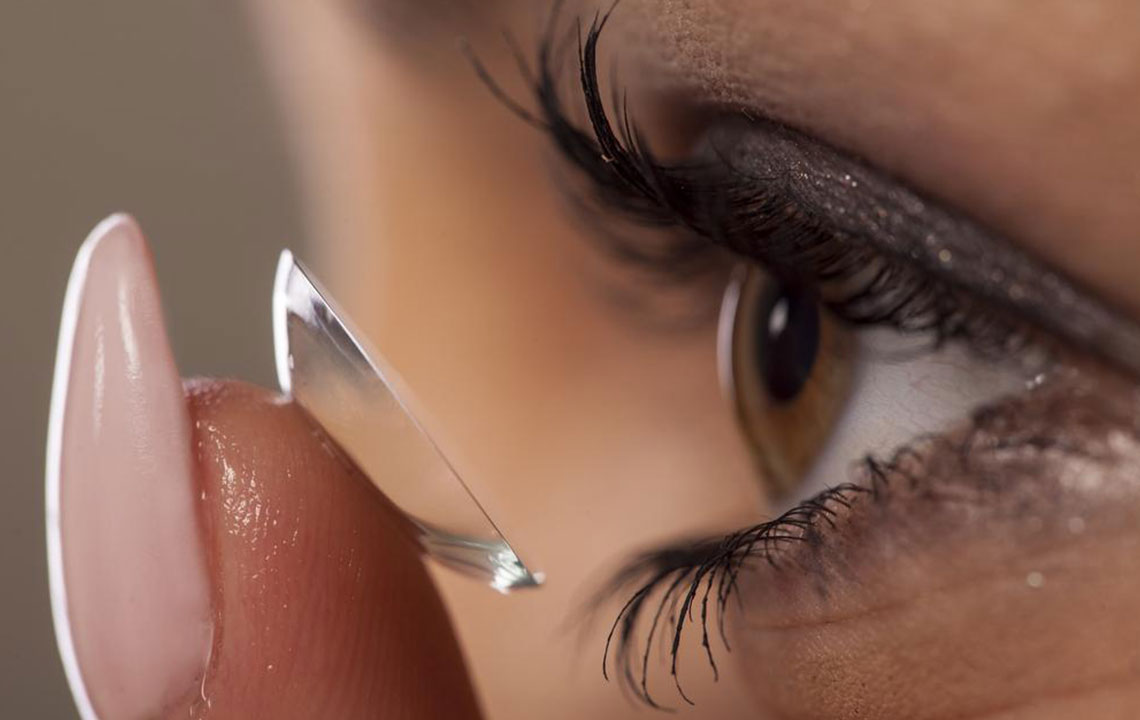
Comprehensive Guide to Various Contact Lens Types and Selecting the Best Fit for Your Eyes
Since their introduction in the 1960s, contact lenses have revolutionized vision correction by offering a discreet and convenient alternative to traditional glasses. Over the decades, the options have expanded significantly to accommodate diverse eyesight needs and lifestyle preferences. Today, millions of people worldwide rely on different types of contact lenses for daily vision correction, aesthetic appeal, and medical reasons. This extensive evolution has made it possible for individuals to find lenses tailored to their specific eye conditions, comfort preferences, and wearing schedules.
Understanding the variety of contact lenses available is essential for selecting the most suitable one. Whether you're seeking a lens that's perfect for daily convenience, prolonged wear, or addressing specialized eye issues, knowing the distinctions between each type can greatly enhance your eye health and overall satisfaction. This comprehensive guide explores the primary classifications of contact lenses based on usage duration and specialized features, providing a detailed overview to help you make an informed decision.
Classification by Usage Duration
One of the fundamental ways to distinguish contact lenses is by how long they are designed to be worn continuously or within a single day. Each category offers unique advantages and considerations related to comfort, maintenance, and eye health. Let's delve into these categories to understand which fits your lifestyle and eye condition best.
Monthly Disposable Contact Lenses
Monthly disposable lenses are among the most popular choices for everyday users. Designed to be worn for approximately 30 days, these lenses require diligent cleaning and proper storage every night. They are appreciated for their durability and cost-effectiveness, making them suitable for individuals who prefer a reliable option without the need to frequently replace lenses. To maintain healthy eyes and optimal vision, users must adhere to strict hygiene practices, including regular cleaning with appropriate solutions and avoiding extended wear beyond the recommended period.
Weekly Disposable Contact Lenses
Weekly disposable lenses are reusable but must be discarded after one week of use. These lenses require cleaning and disinfecting after each use to prevent bacterial buildup. They offer a good balance between affordability and convenience, especially for users who want lenses that last longer than daily disposables but don’t need to be worn continuously. Importantly, these lenses should not be worn overnight unless specifically approved by an eye professional, as sleeping in lenses increases the risk of eye infections.
Daily Disposable Contact Lenses
Designed for single-day wear, daily disposable lenses are favored for their simplicity and hygiene. With no need for cleaning or storage, they are ideal for travelers, occasional wearers, or individuals with sensitive eyes prone to irritation. Using a fresh pair each day significantly reduces the risk of eye infections and complications associated with improperly cleaned lenses. These lenses are also more convenient for those with active lifestyles or allergy sufferers, as they minimize the buildup of allergens and debris.
Extended Wear Contact Lenses
Extended wear lenses are engineered for continuous use, often spanning from several days to a whole month. They are made from advanced materials that allow more oxygen to pass through, ensuring comfort during extended wear without risking hypoxia or other eye health issues. Suitable for busy professionals or travelers who prefer fewer lens changes, extended wear lenses provide the convenience of not removing the lenses for extended periods. However, it is crucial to consult an eye care specialist before opting for extended wear, as these lenses demand vigilant hygiene and monitoring to prevent complications such as infections or corneal ulcers.
Specialized Contact Lenses for Specific Vision and Eye Conditions
Beyond the basic classifications based on duration, there are specialized types of contact lenses tailored for specific eye conditions, vision correction needs, or comfort preferences. These lenses are custom-made or crafted with particular features to enhance vision quality and eye health for diverse users.
Toric or Astigmatism Lenses: These are specially designed to correct astigmatism, a common irregularity where the cornea or lens has an uneven curvature. Toric lenses have different powers in different orientations, helping to provide clear vision for individuals with this condition. They can be manufactured in both soft and rigid gas-permeable materials, ensuring stability during wear and minimizing distortion.
Lenses for Dry or Itchy Eyes: People suffering from dry eye syndrome often experience discomfort, redness, and irritation. To combat this, opt for lenses made from breathable materials with high moisture content. These lenses help retain hydration, improve comfort, and reduce symptoms of dryness and irritation, making everyday wear more manageable.
Multifocal or Bifocal Lenses: Designed for presbyopia, a condition that affects near vision in older adults, multifocal lenses incorporate multiple prescriptions within a single lens. This allows users to see clearly at various distances without needing separate reading glasses. These lenses can be soft or rigid gas-permeable, depending on the individual's preferences and specific eye requirements.
Choosing the right contact lens is contingent upon your specific vision correction needs, eye health, comfort preferences, and lifestyle considerations. Always consult a qualified ophthalmologist or optometrist to conduct a comprehensive eye examination. An eye care professional can recommend the most suitable lens type, provide fitting advice, and guide you on proper wear and maintenance to ensure long-term eye health and optimal vision.

